The Land Reform Deception —— Political Opportunism in Zimbabwe's Land Seizure Era
----- 土地改革是一场骗局: 津巴布韦土地夺取时代的政治机会主义
The Land Reform Deception looks at a particularly contentious period in Zimbabwe's recent history, from 2000-2008, when the government seized commercial farms using illegal and violent methods against an unarmed population of farmers and workers. Robert Mugabe's government began the seizures on a small, targeted scale in an effort to suppress opposition groups, but they soon escalated into an out-of-control frenzy targeting all farms in the country. The state claimed that the seizures were carried out in response to a public cry for land redistribution and to rectify colonial-era injustices, but the move was economically and socially disastrous for the country. Land was distributed to those with little or no farming experience, and, as a result, agricultural output contracted and inflation and unemployment rose dramatically. The basic question Charles Laurie raises is why the state would target its own dominant agricultural industry using such violent and illegal methods. He also seeks to uncover the major actors and their motivations and strategies. Laurie argues that the land seizures were carried out by high-ranking officials, mostly veterans of the national war for independence, for financial and political gain. But he argues that the scale on which they were carried out and the violent methods used were never part of a planned government policy. He also argues that Mugabe initially opposed the seizures, knowing that they would wreck the economy, only to later support them to retain his political power. Incorporating unprecedented empirical evidence gathered from in-depth interviews with senior politicians, members of the secretive Central Intelligence Organization, the military and police, along with farmers and workers who were targeted during the invasions, The Land Reform Deception strips away official explanations and delves into the political and economic drivers that triggered the seizure of commercial farms. Available in OSO:
{{comment.content}}

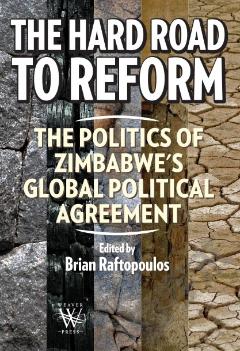
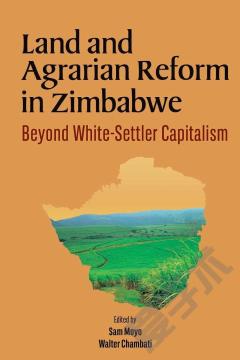
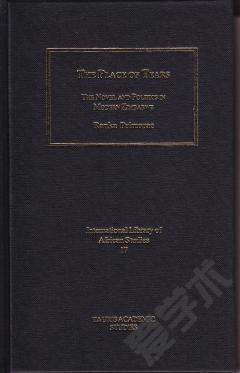
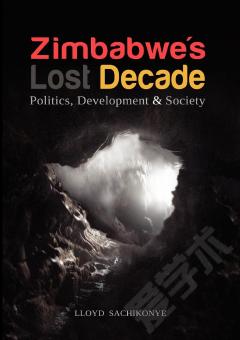

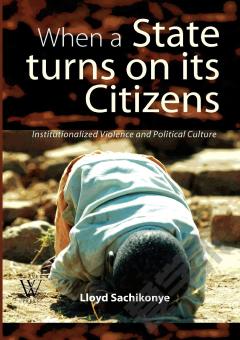

 京公网安备 11010802027623号
京公网安备 11010802027623号